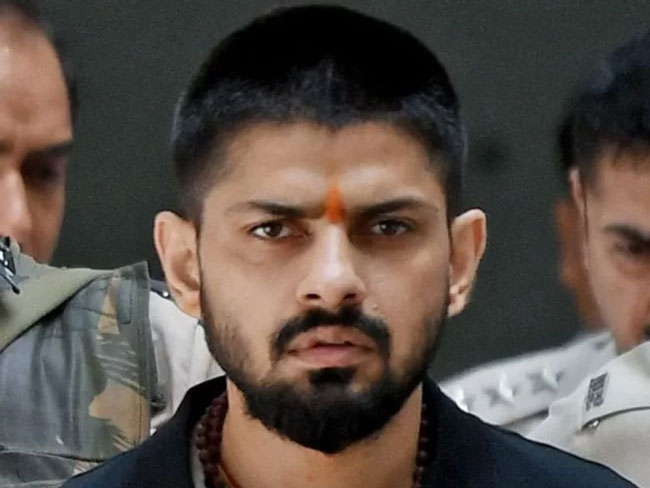Desk:Sunil Yadav, widely known by his alias “Goli,” a notorious drug mafia, has been killed in California, USA. The murder has been claimed by Lawrence Bishnoi gang members Goldy Brar and Rohit Godara. This development has sent shockwaves across international law enforcement agencies, as Sunil Yadav was a key figure in cross-border drug trafficking.
Sunil Yadav’s History with the Bishnoi Gang
Sunil Yadav was once associated with the infamous Lawrence Bishnoi gang, which has been linked to several high-profile criminal activities. However, over time, he distanced himself from the gang and began operating independently. His severance from the Bishnoi gang is speculated to have created animosity, which might have culminated in his assassination.
Role in Cross-Border Drug Trafficking
Yadav played a significant role in smuggling drugs from Pakistan into India. Leveraging international networks, he expanded his operations beyond South Asia, setting up a base in Dubai and later in the United States. His extensive drug dealing activities reportedly generated massive revenues, making him a key player in the narcotics underworld.
Fleeing India
Two years ago, Sunil Yadav fled India using a forged passport under the name “Rahul.” He reportedly traveled to the United States, where he continued his illicit activities. Despite being wanted by Indian authorities, Yadav managed to evade arrest due to his relocation and stronghold in the drug trade.
Lawrence Bishnoi Gang’s Statement
Goldy Brar and Rohit Godara, prominent members of the Lawrence Bishnoi gang, have openly taken responsibility for the killing. The gang’s motives remain unclear but are believed to be linked to Yadav’s betrayal and rivalry within the criminal network. Investigations are underway to determine the circumstances leading to the murder.
International Implications
Yadav’s assassination has highlighted the global reach of Indian-origin criminal syndicates. His involvement in drug trafficking across continents and his eventual murder in the U.S. point to the growing influence and conflicts among transnational crime networks.
Authorities in India, Pakistan, and the U.S. are likely to intensify their focus on the nexus of drug cartels operating across borders, especially those with roots in South Asia. The case underscores the challenges of combating organized crime in an increasingly interconnected world.




